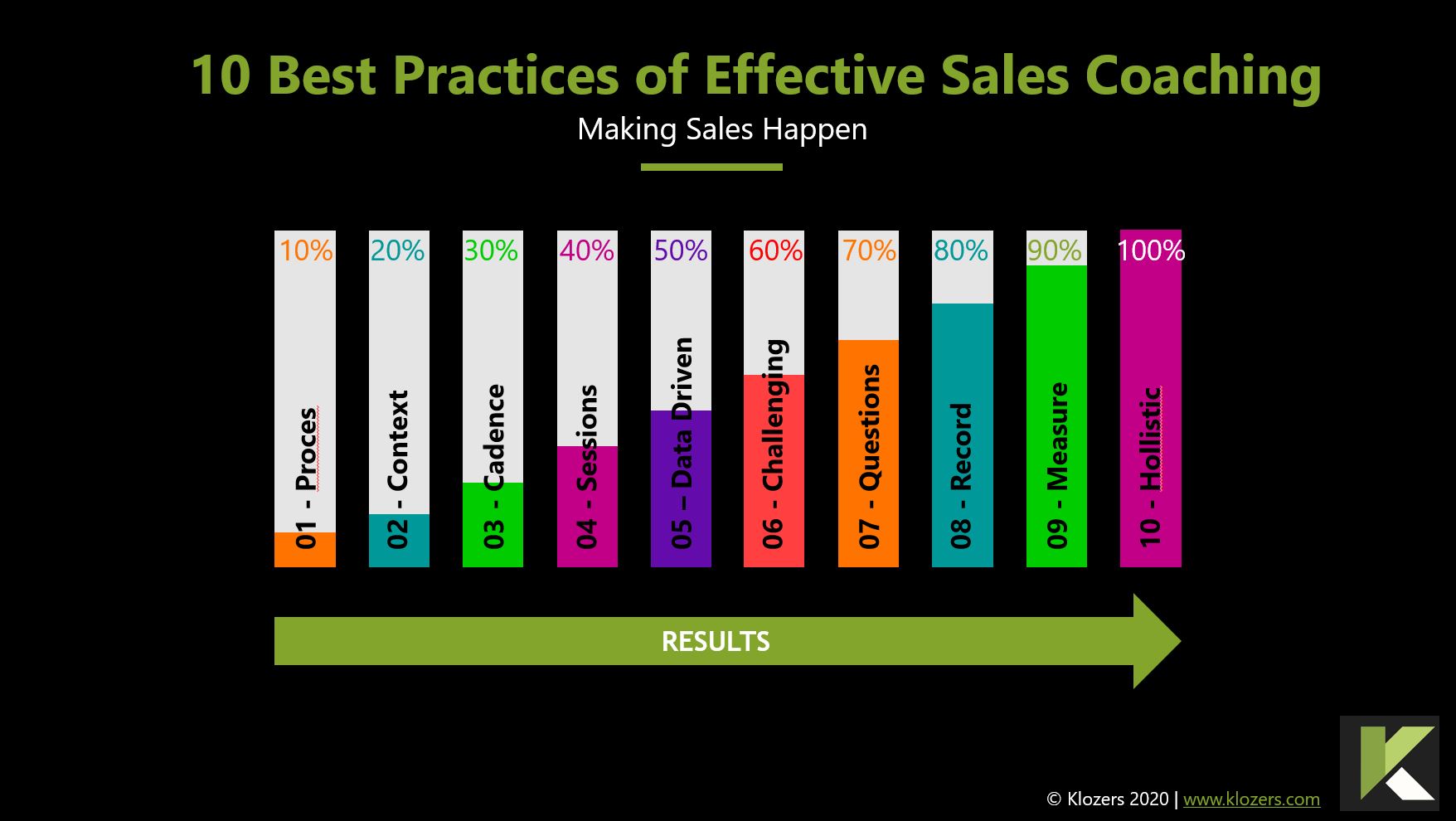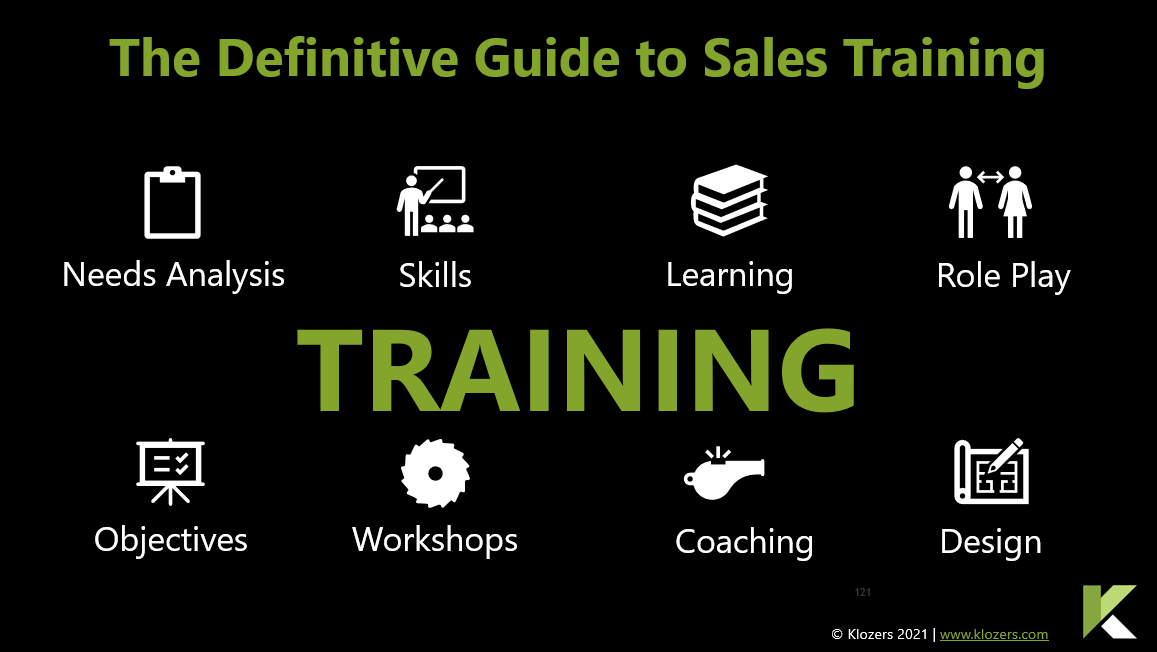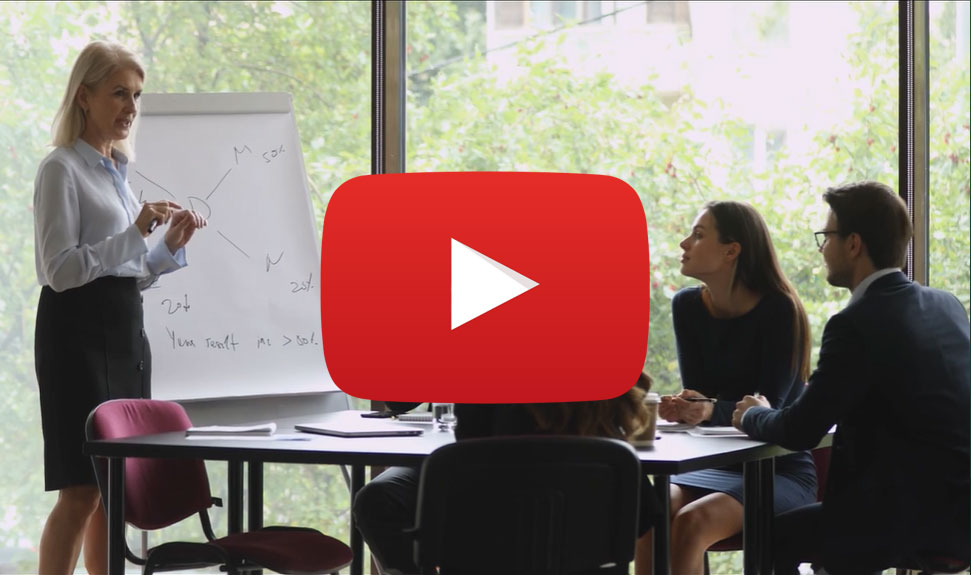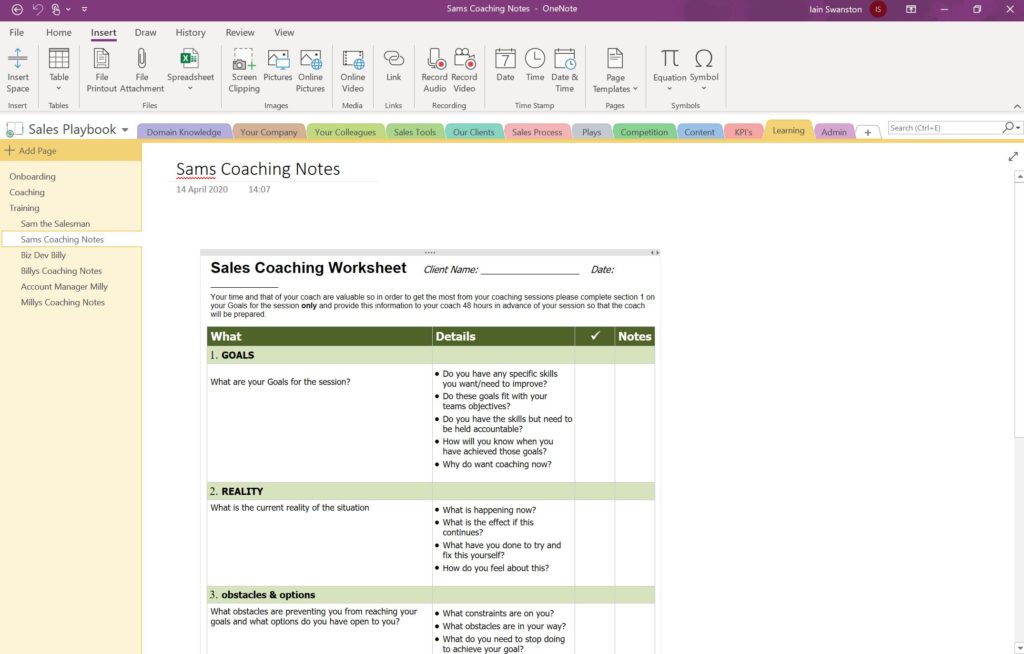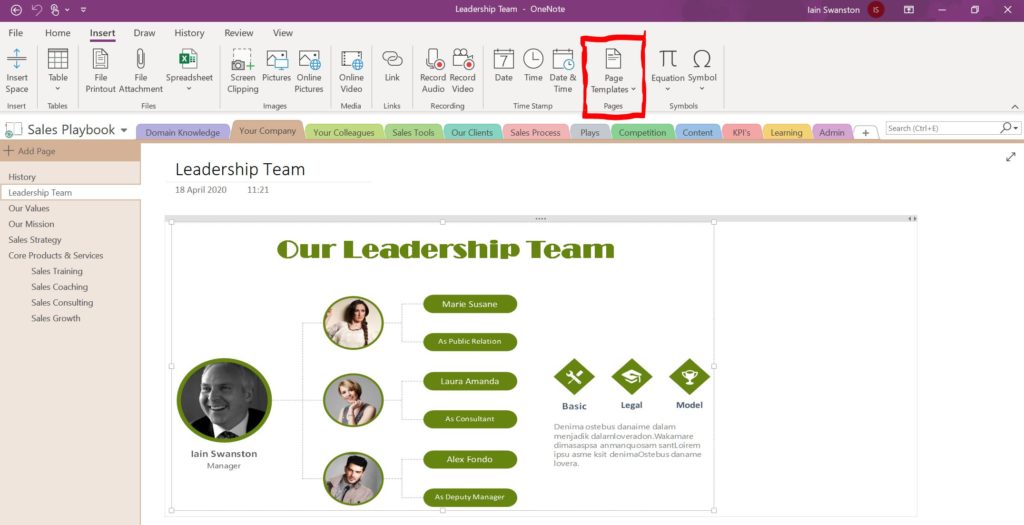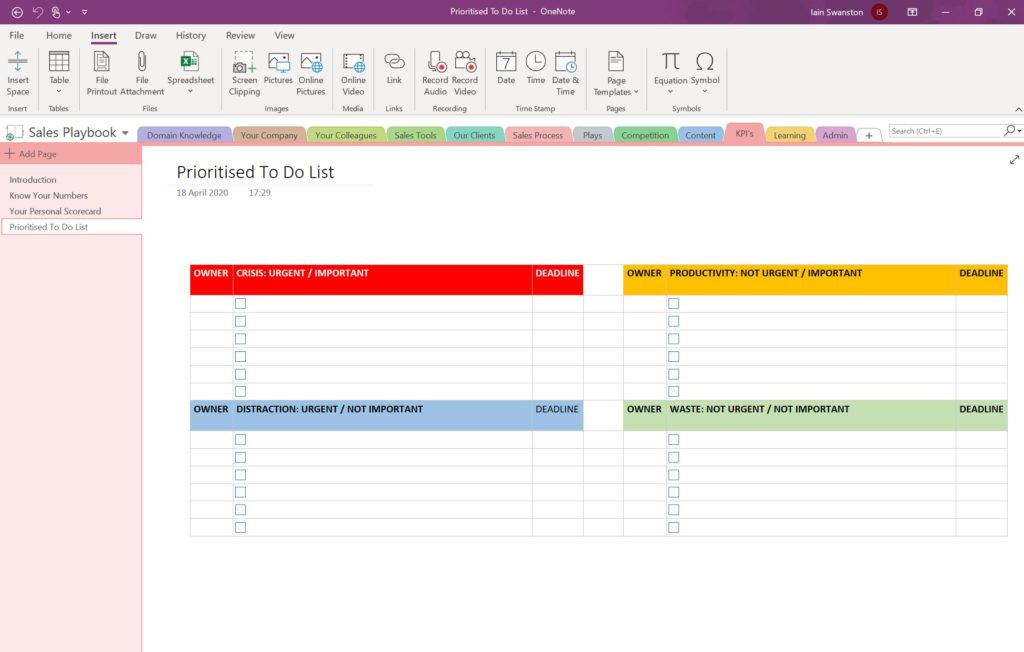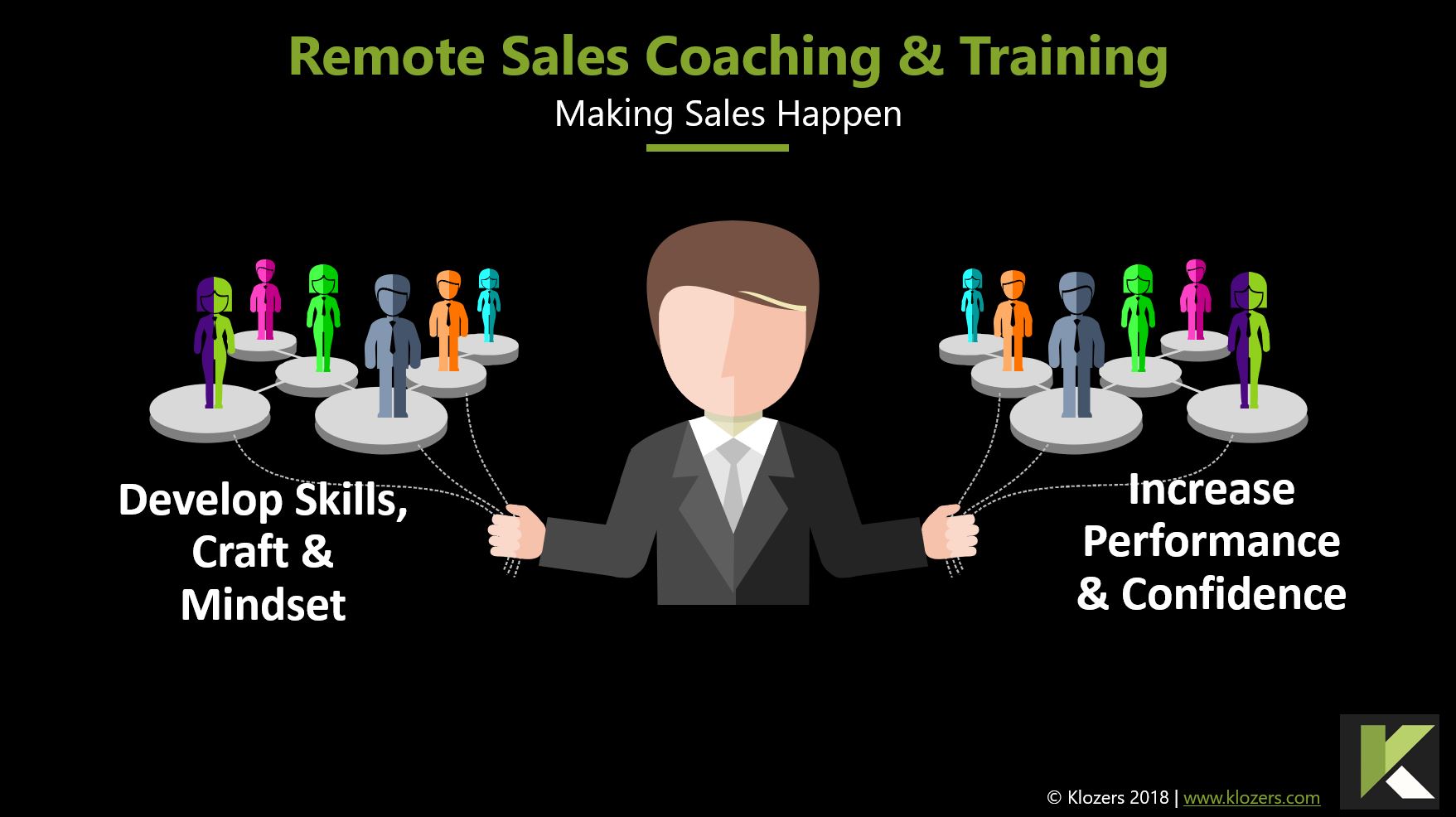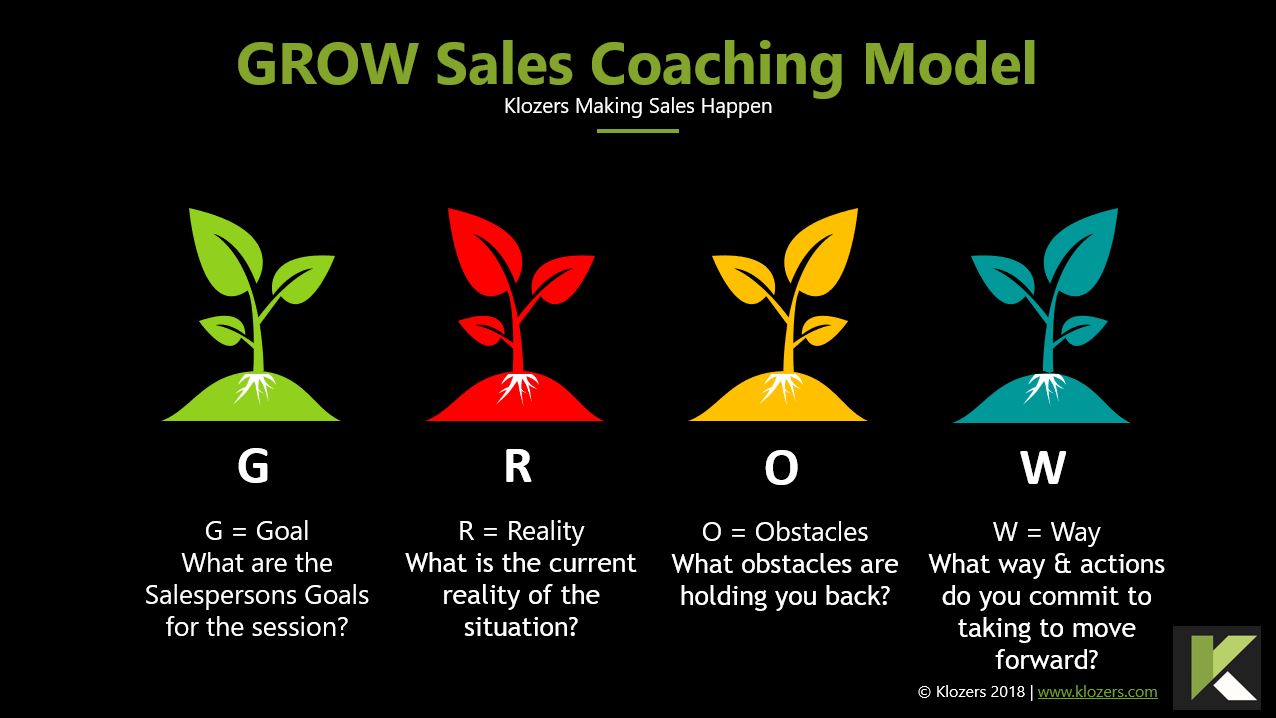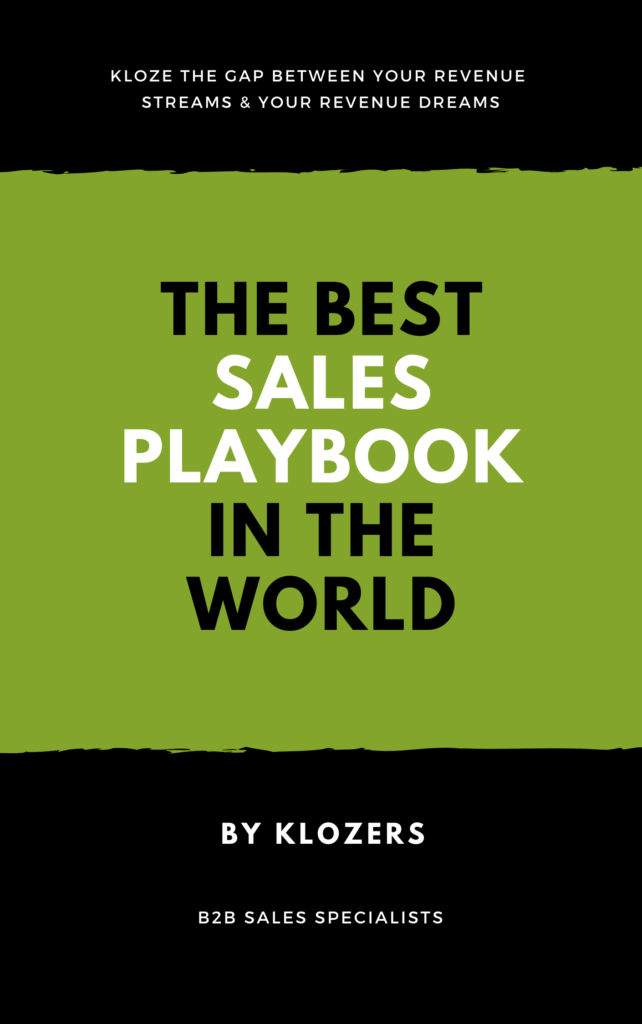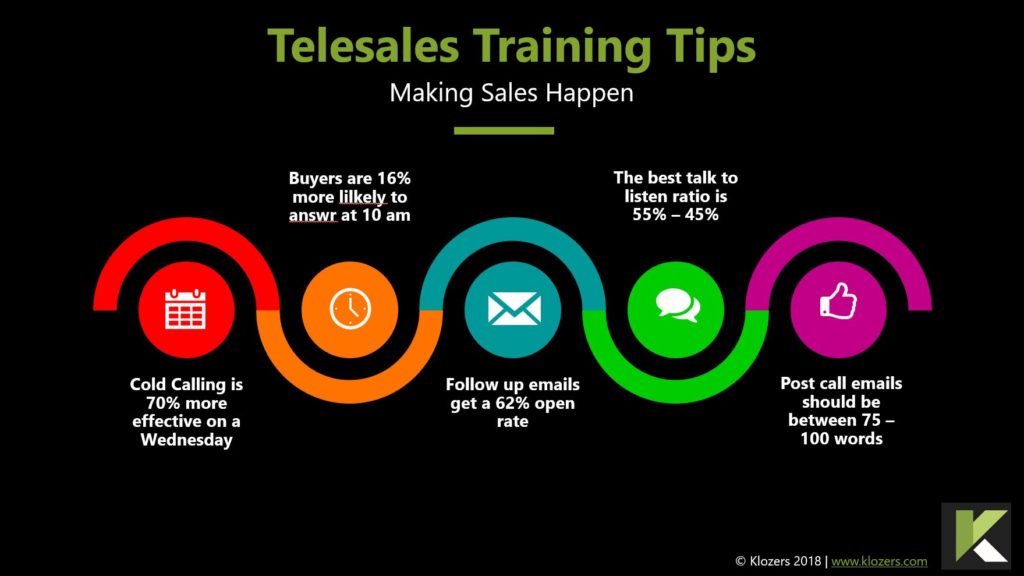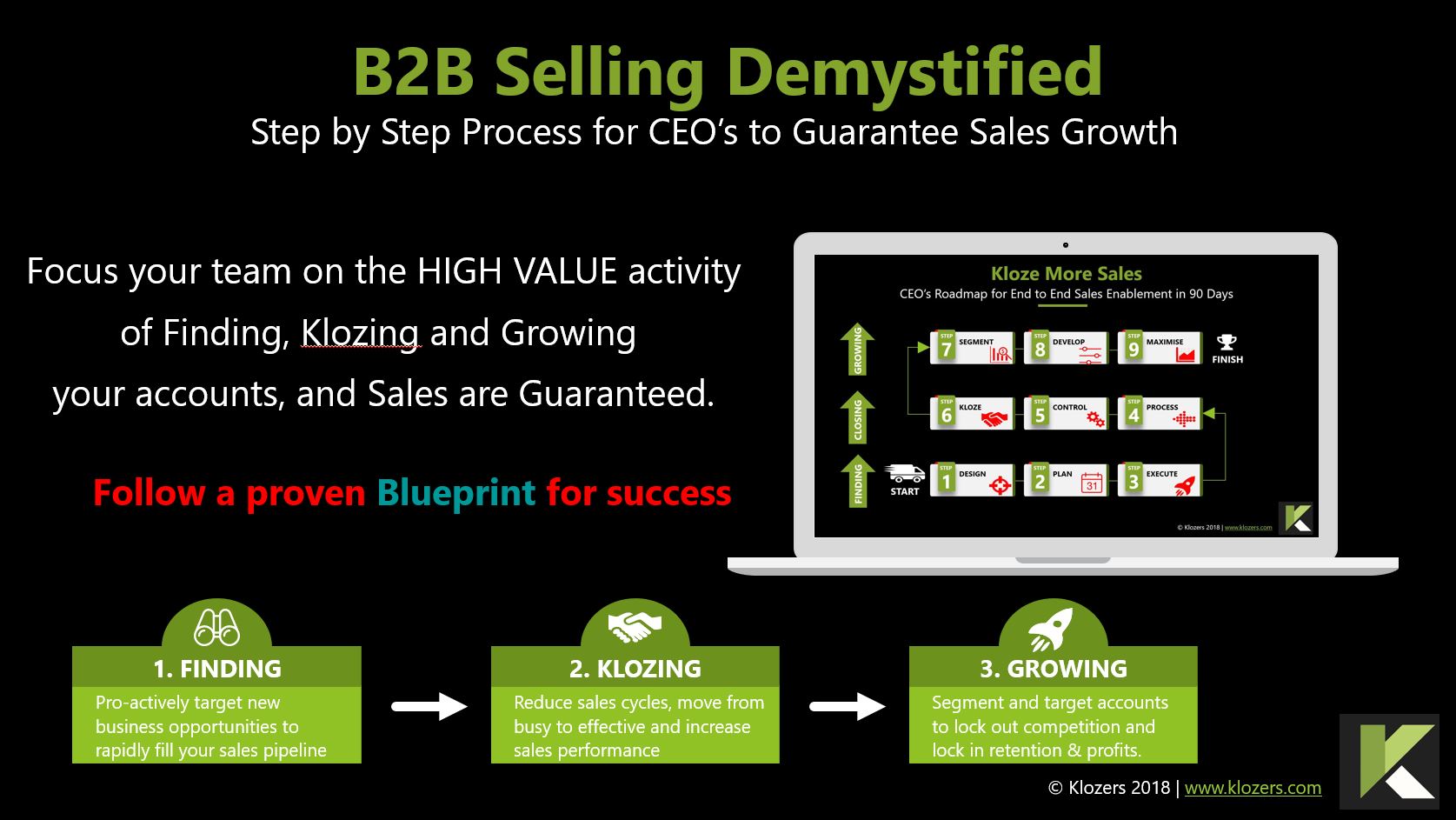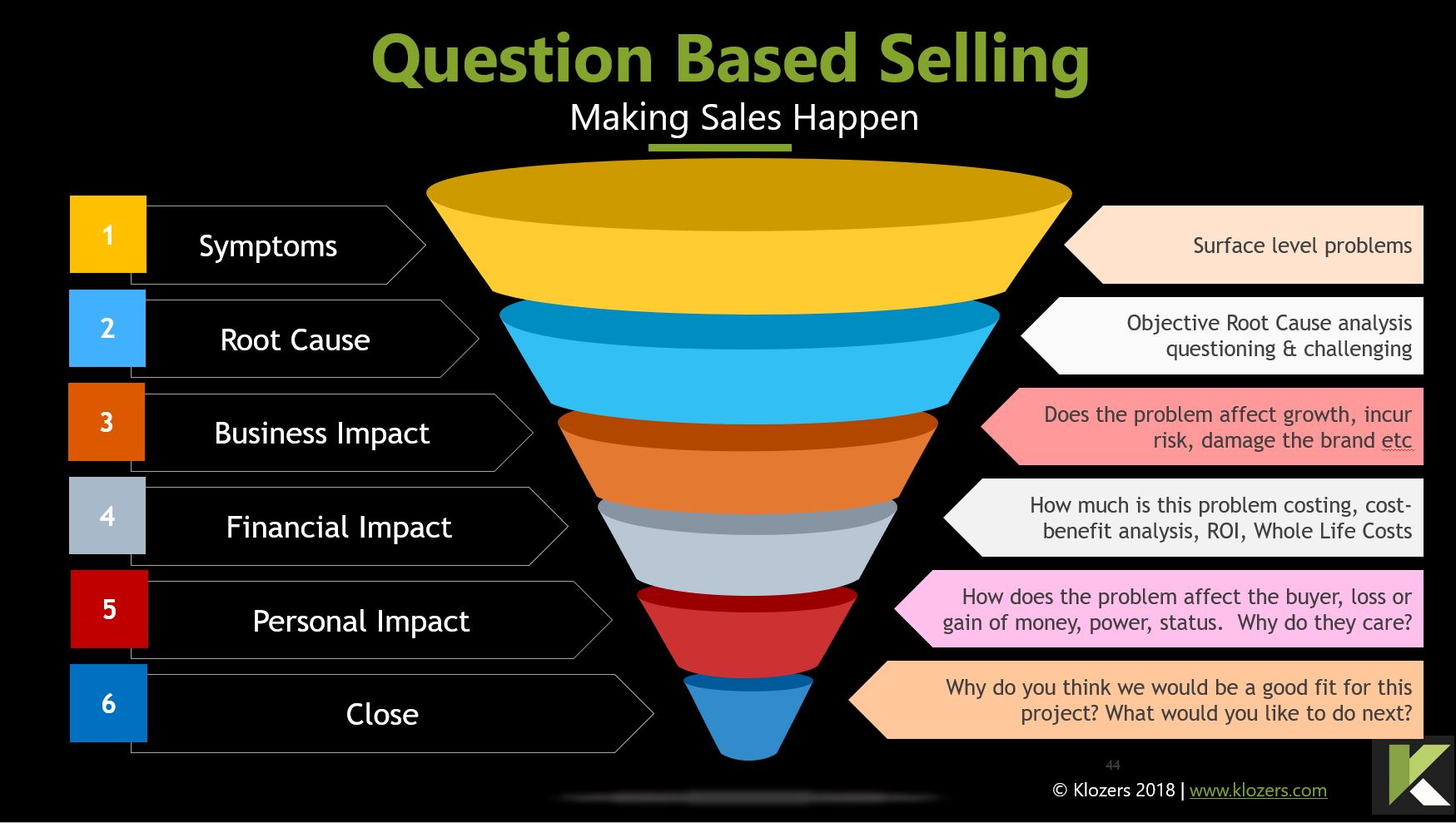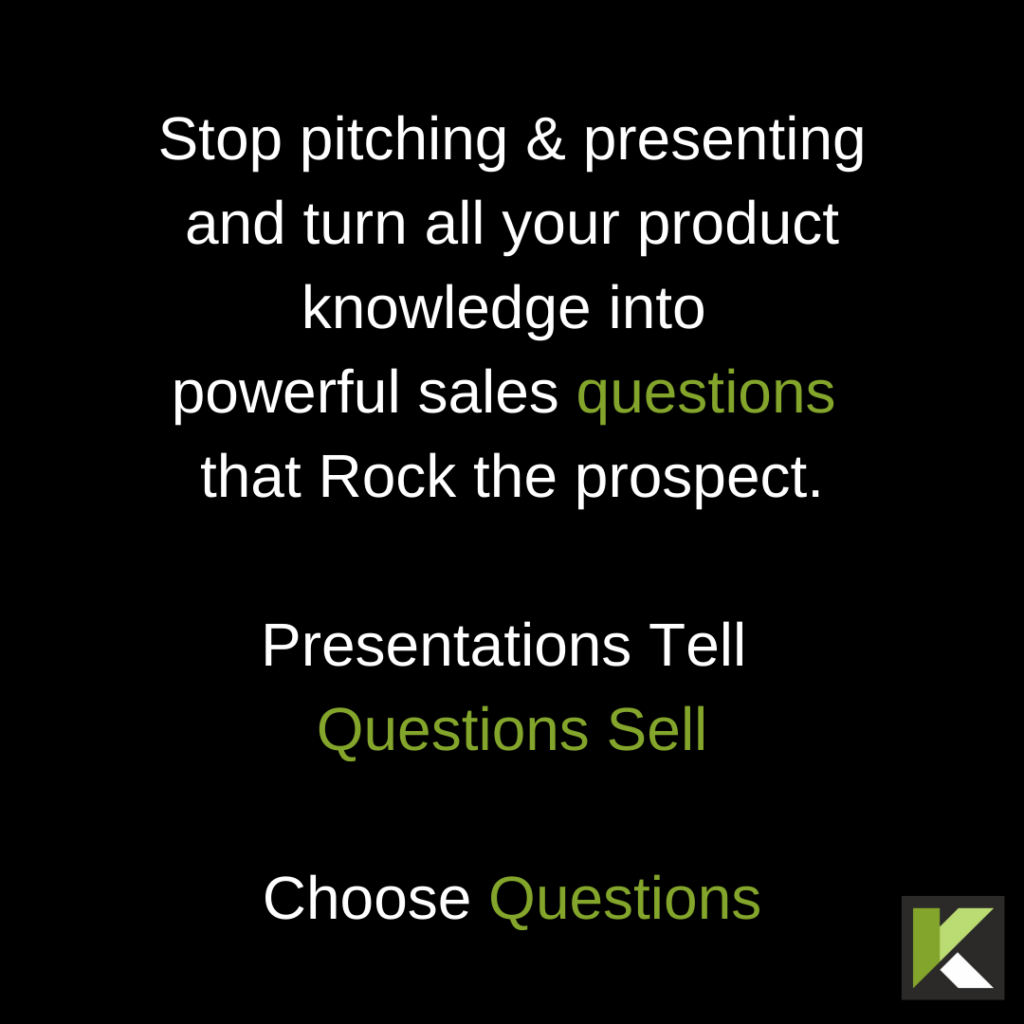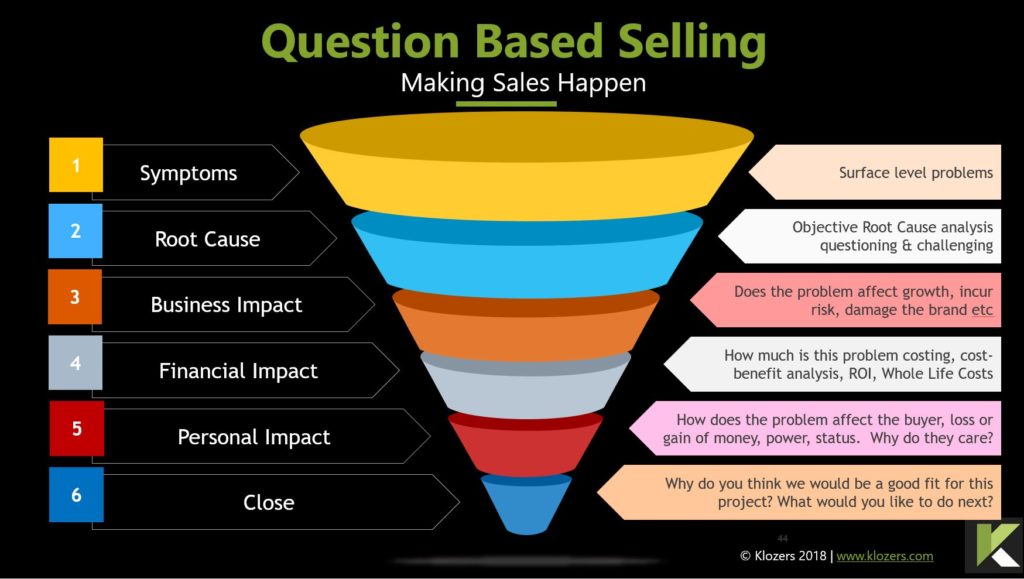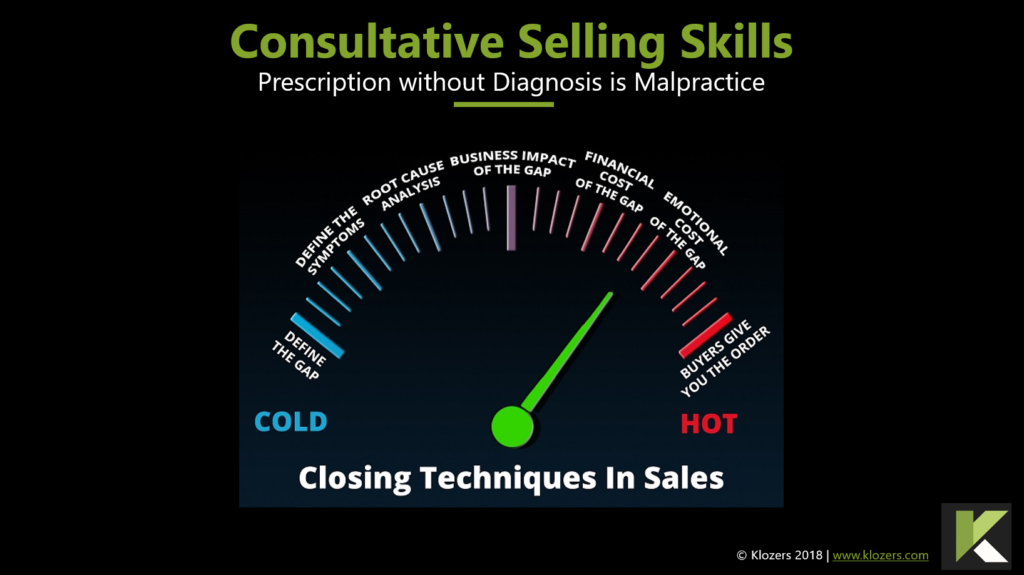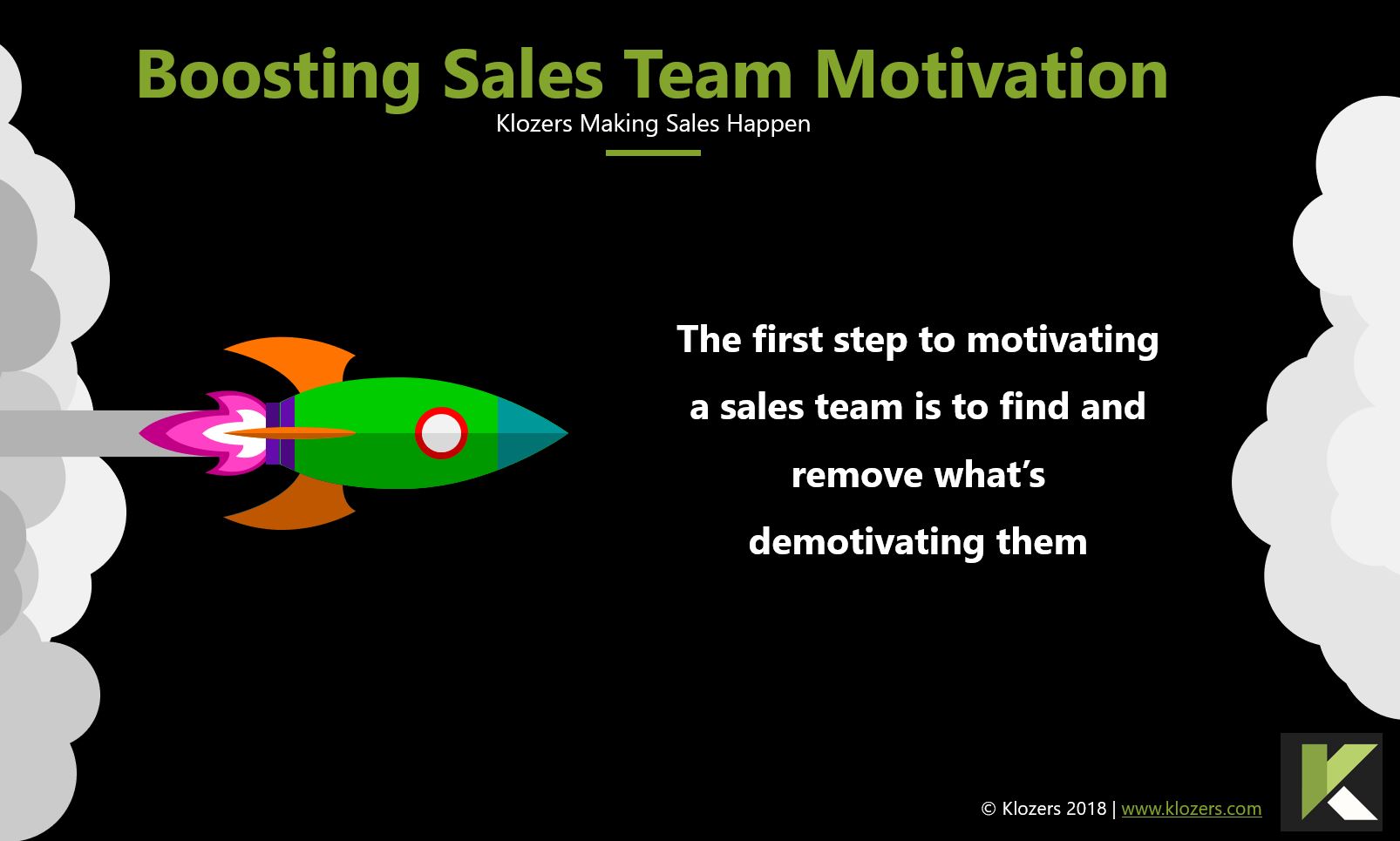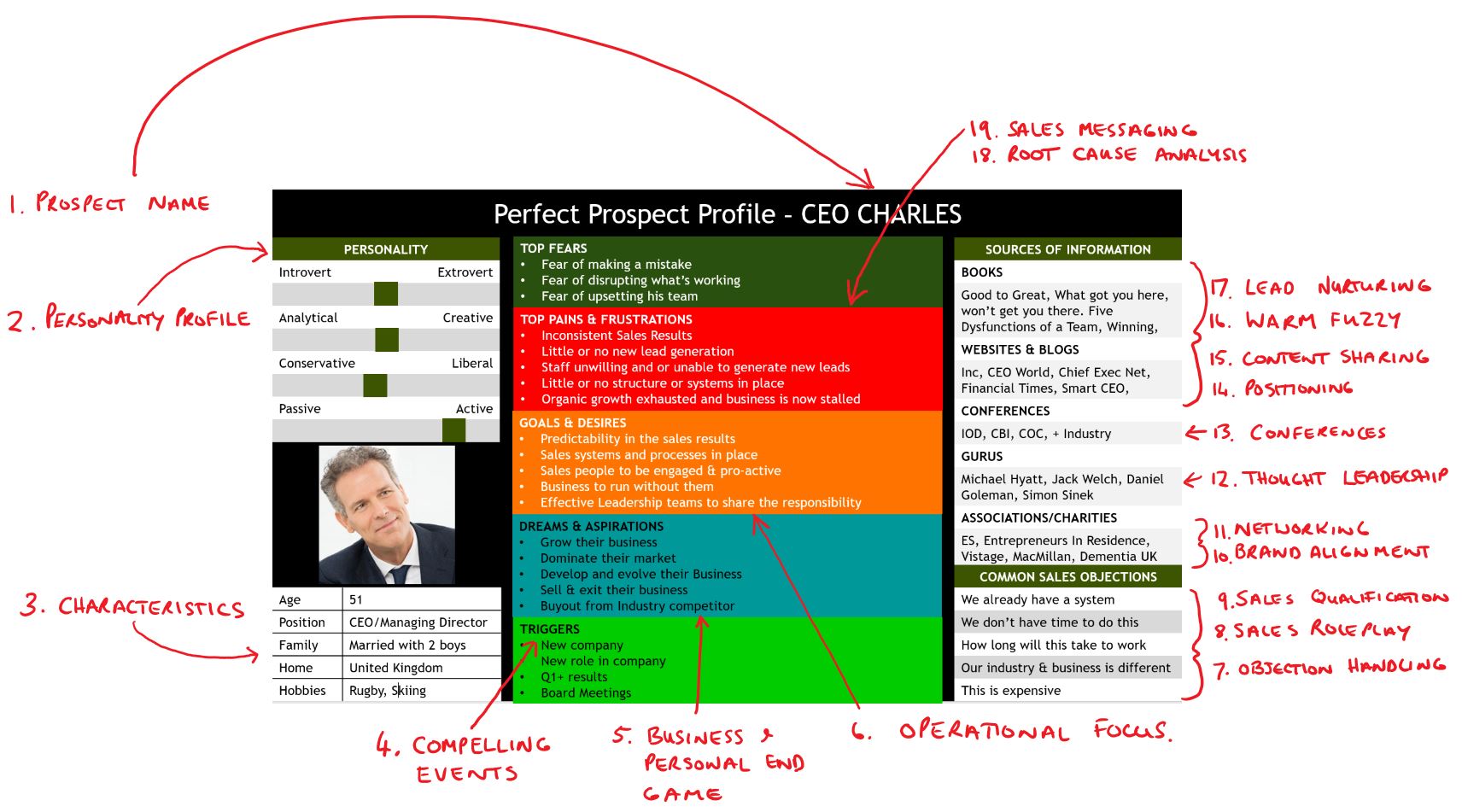 Iain Swanston
Iain Swanston
The Definitive Guide to Sales Training
Introduction
We’ve written this guide based on the most common questions we are asked by companies considering purchasing Sales Training, those who have bought sales training from us, and those who are considering implementing their own sales training programmes.
Our goal is to give you as much information as possible to make an educated decision on Training for you and your business.
If there are any questions we have missed then please leave a comment below and we will add them in for future visitors.
Sometimes the answers to these questions may lead to other questions which are unique to your situation and if that’s the case you can reach us via the contact page.
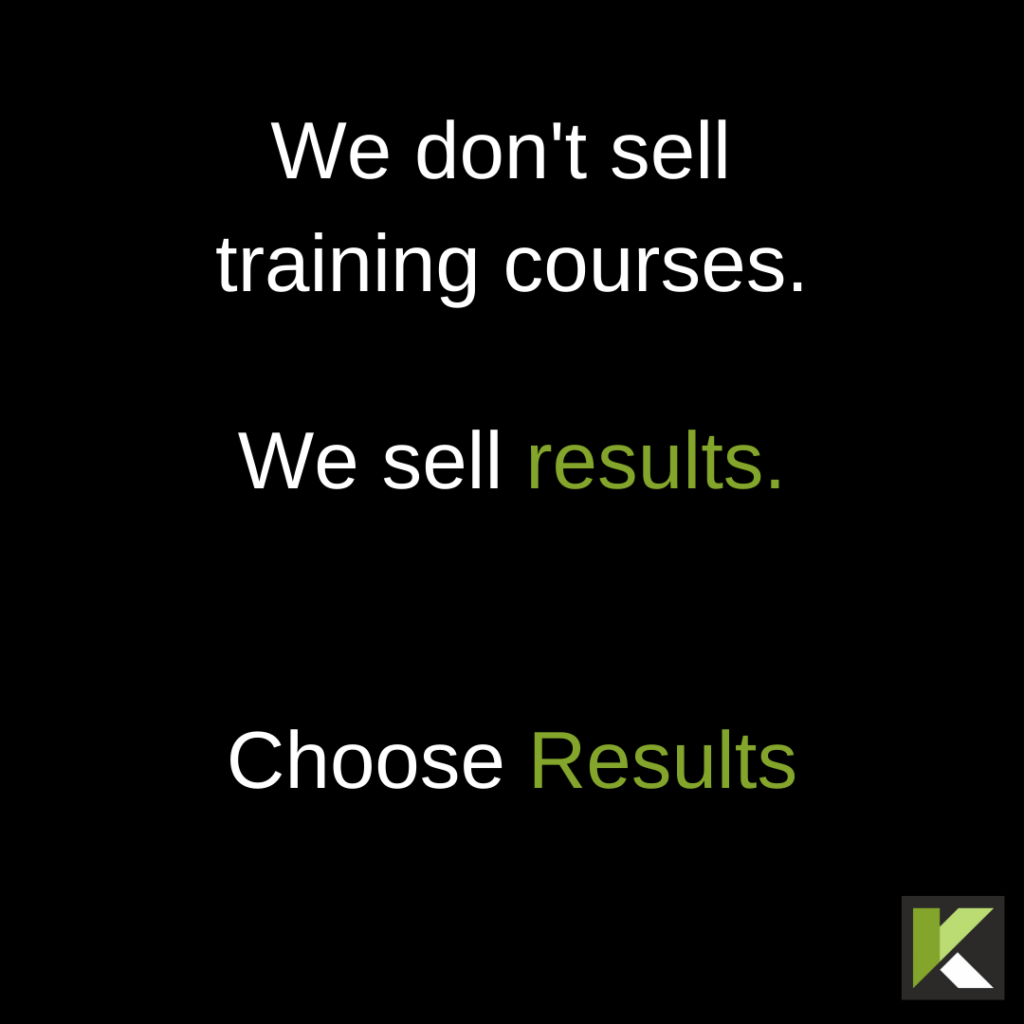
Related Content on Sales Training
Bespoke Sales Training and Coaching
Group Sales Training and Coaching
Enterprise Sales Training Course
Advanced Sales Training Course
Sales Training for Unemployed Salespeople
Sales Training Programmes for Entrepreneurs
Sales Training and Coaching for Consultants
Discovering Why Sales Training Fails
Sales Training for Exhibition Sales
Sales Training Courses in London
Sales Training Courses in Manchester
Sales Training Courses in Scotland
Sales Training Courses in Birmingham
Sales Training Courses in Northern Ireland
Sales Training Courses in Newcastle
Sales Training Courses in Leeds
Sales Training Courses in Bournemouth
Sales Training Courses in Southampton
Sales Training Courses in Milton Keynes
1. Sales Training Prices
How much does Sales Training Cost?
The biggest influence on training costs are the way that the training course or content is delivered. Free sales training is available by reading books and some online courses. Paid training in most cases involves facilitator-led sessions and costs between £450 per person for a one day course, up to circa £10,000 per person for 12 month programmes.
We have an open and transparent pricing policy and you can view the prices of all our sales training programmes.
Larger organisations can make savings by volume purchasing and Facilitator costs are between £3,500 and £15,000 per day, however, in most cases they will restrict class sizes to circa 15 to maintain a good learning environment.
As most companies move away from Impact Training (one-day events with no follow up) more and more companies are adopting a longer-term approach to developing their salespeople and using regular weekly and monthly sales training and coaching sessions.
Is Sales Training Effective?
The level of effectiveness of training is directly linked to the time spent designing the training programme, measuring the outputs of the sales training, and lastly following through on the training to ensure it is embedded in the organisation moving forward.
As a minimum, the follow-through would include sales coaching but may include further training and personal development.
If you consider the Sales Reps are in effect learning new skills for life as long as the training is relevant, well delivered and receives follow through training easily delivers a strong ROI.
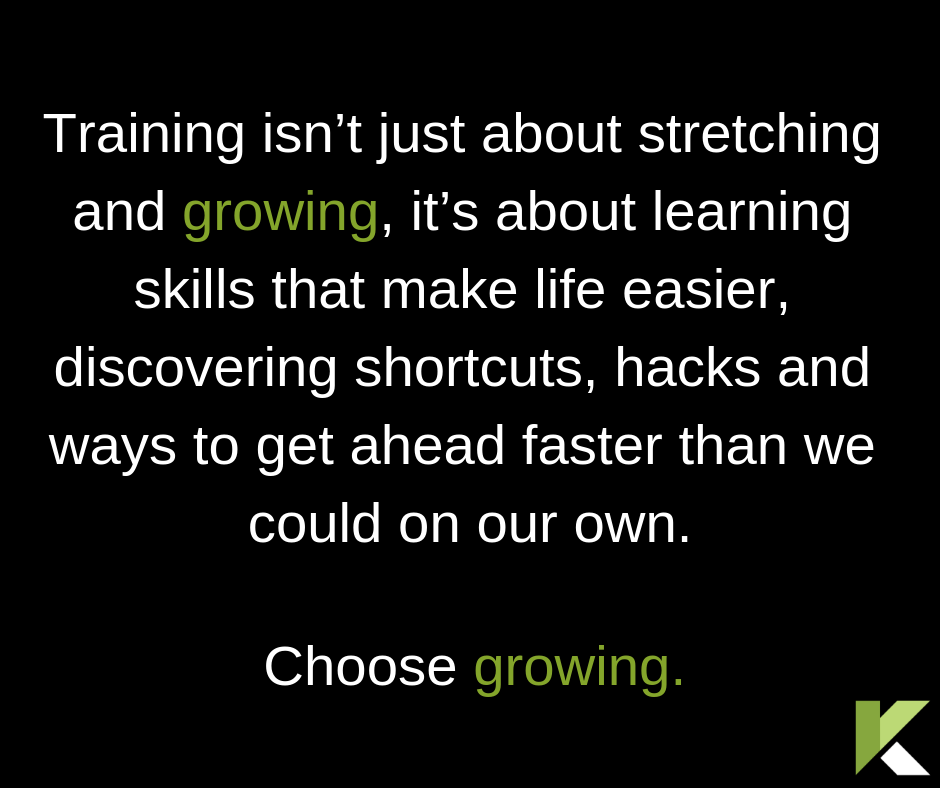
2. Designing Sales Training Programmes
What is Sales Training?
Sales Training refers to the process of teaching and developing salespeople on how to sell more effectively. Training may include both the theoretical and practical skills required to be effective in sales.
Sales Effectiveness can be measured in many different ways, however, the main KPI’s may include Total Sales, Cost of Sales, Sales Margins, Sales Conversion ratios, Length of Sales Cycle and Lifetime Customer Value.
Training may include Skills Training which can also be referred to as Sales Competencies or Learning Competencies. These refer to the practical activities that salespeople undertake on a regular basis. This could include skills such as Prospecting, Rapport Building, Active Listening, Questioning & Planning.
What is a Sales Training programme?
A Training programme is typically a long term learning and development programme lasting for between 6 months and a year, whereas a Training course would normally be held over 1 or two days.
Training programmes often include a number of sales training courses that form part of the wider training programme.
What is a Sales Training process?
A Training process is a step by step programme that would take a Salesperson through the different areas of sales that they need to develop and improve.
An example of this would be when a new person joins a company they will go through a Sales Training Process that may include training on the company’s history, products and services, target markets, case studies, skills training and sales management training.
The sales training process often needs to be flexible to allow learners to join at different points in the process and allow them to progress at different speeds which is called self-paced learning.
What Sales Training ideas do you have?
All Training should be needs-based, meaning that the topics or ideas should be driven by the needs of the salespeople and the business. These training needs are often found by studying the sales data, analytics, industry trends or the future needs of the business if there is a change in sales strategy.
Training ideas are the start of the learning process as they need to be developed into structured programmes with learning objectives and learning outcomes that can be assessed and measured.
If the Training is not needs-based then there is a real danger that the training will have no relevance to the Salespeople. When this happens learners switch off and even important components within the training are missed.
How do I create a Training curriculum?
A Training curriculum will vary dependent on the course design and learning objectives.
We recommend:
1. Identifying the Sales Competencies required for success in the Sales role from a business perspective
2. Identify the sales competencies that make your Top sales performers stand out
3. Prioritise the competencies based on your KPI’s for success
4. Understand what Best Practice is for each Competency in your organisation and document it
5. Create appropriate learning content with learning objectives and measurable outcomes
6. Train Salespeople on the Sales Competencies and measure the outcomes
7. Use Sales Managers and Top Performers for follow-through coaching that reinforces the training.
8. Link financial rewards to learning goals as much as revenue goals
What Training Competencies should I consider?
Historically training was delivered via 1 and 2-day courses however as training itself has developed more and more organisations break down their training needs into Competencies. We group these competencies into the four main areas of sales performance which are:
1. Finding new customers
Why Prospects Buy, How to target prospect, Making Cold Calls to Prospect, How to Uncover Business Pain, Uncovering Where Prospects See Value, Using Social Media to Sell, Building a Personal Brand, Qualifying Sales Tenders, Listening Skills
2. Closing new customers
Building Trust, Consultative Selling Skills, Handling Stalls & Objection, Maintaining Sales Pipelines, Differentiating your Products and Services, How to Beat your Competition, Selling Value Not Price
3. Growing existing customer revenues and
Selling through Customer Service, Key Account skills, Maximising Meetings with Prospects, Preparing for Sales Negotiation
4. Development or Learning Goals
Managing Personal Time, Improving Self Performance, Understanding Human Behaviour, Leading Others, Coaching and mentoring, Mindset
The relevance of each Sales Competency can be different from one business to another and one industry to another however the main competencies we work with are
Will you help us design our own Bespoke Sales Training programme?
Yes. We can work with you to co-create your own learning programmes and content. Depending where you are in the design process this takes anything from 2 weeks to 2 months.
Who needs Sales Training?
Many different groups of people need sales training, however, the most common groups include Graduates, People transitioning to Sales from another position, Salespeople looking to develop their careers, Entrepreneurs, Consultants and Engineers.
In reality, anyone who has contact with customers, whether that be via chat, phone or face to face can benefit from Training. More and more companies are asking for formal training as part of the interview process, as they only want to hire new salespeople who can hit the ground running so to speak.
Changes in Buyer behaviour means that where previously customers were served by humans either face to face or telephone are now purchasing the same products and services by shopping carts online. If anyone in Sales wants to future proof their career they should invest continuously in themselves.
Do you provide Learning Management Systems?
Yes. Learning Management systems (LMS) are online software applications that provide the end to end management of the learning and development of your sales team.
There are many LMS applications to choose from that have different features and if you have specific requirements you will need to undertake some research. For most companies over 80% of their LMS requirements can be met with Microsoft applications that they are already paying for.
We use MS Teams as the base platform which we customise to include Needs Analysis, Sales Playbooks, Training Courses, Learning Assessments, Coaching Programmes and Content Management Systems.
What Different Sales Training methods are available?
There are 4 main training methods that companies are using as follows:
1. Self Study. As a training method self-study is difficult to measure in terms of effectiveness. Without any design or structure or support there will be a limit to how effective this method is however all training and learning is good training so this should not be discounted.
2. Role Play. This is not always popular, however, when Roleplay sessions are designed and conducted well they are not only very powerful, they are also enjoyable for the participants. Roleplay continues to be the most effective way to build the muscle memory required to make real changes in sales behaviour.
3. Observation. Many companies monitor and record telephone calls to ensure Salespeople are following their sales process and complying with any regulatory requirements. For Field Sales Teams “ride-alongs” whereby a Sales Manager or Sales Mentor accompanies a Sales Rep to observe and provide feedback.
4. Workshops. Sales Workshops are a great way to facilitate peer learning amongst your Sales Team however their success lies in the design and facilitation of each session. Workshops are usually focussed around a single topic and would last between 1 hour and 1 day.
Training Courses. Despite the move away from Impact Training, Sales Training courses are still a powerful sales training method. In most cases training courses are now highly interactive, activity-based sessions that engage and inspire learners.
5. Self-Directed Sales Training. When people have ownership of anything they tend to have a higher rate of engagement so allowing Sales Teams to Self Direct and in effect choose their own training can be very powerful. In order to be effective Self Directed training needs to have a framework that guides and challenges learners.
Sales Playbooks. Sales Playbooks are digital repositories that contain everything on how and organisation sells. The “Books” are divided into chapters that contain different information such as products and services, sales plays, the companys sales process, product and service information, technical data, case studies and testimonials. Playbooks are great tools that every organisation should have.

3. Types of Sales Training Available
What types of Training programmes do you offer?
There are many different types of Training Programmes however most training programmes are categorised by course delivery type:
1. Online via our Learning Portal
2. Open Courses, where anyone can attend from any company
3. In-house Courses where we deliver courses exclusively for one organisation
4. Bespoke Sales Training programmes where we co-create learning content with you
Once you have chosen your course delivery type sales training programmes are further categorised by their content:
Product Training & Sales Skills Training.
In terms of Sales Skills Training the most popular skills bases sales training programmes are:
1. Telephone Sales Skills
2. Key Account Management Training
3. Consultative Selling Skills Training
4. Sales Management Training
Many Training programmes now include an element of Sales Coaching to ensure follow-through which makes every training programme more effective.
Do you provide Online Sales Training?
Online training has become more and more popular and now nearly every organisation delivers part of their training online.
The most common area for this is the adoption of online training as part of a Sales Enablement system which are one-stop repositories for everything connected to sales inside an organisation.
Online Training is also widely used for onboarding new salespeople, both graduates and experienced salespeople as it allows them to quickly learn the fundamentals of selling within that organisation without tying up more senior salespeople to deliver this.
We provide Online Training both as a stand alone service and to compliment and support our face to face delivery. Our training programmes are delivered via Microsoft Teams and prices start at £97 + VAT
Do you provide Training courses for beginners?
There are numerous options for training courses for beginners with most companies having their own in house onboarding programmes. In addition, there are many sales training courses for beginners available online, however, online learning for sales does have it’s limitations.
You can’t teach someone how to make a pot without at some stage, them getting their hands dirty and practising on a pottery wheel. Selling is a hands-on activity that needs to be learned on the job.
Do you provide Sales Training Videos?
Yes all our online training courses include raining videos which are a great learning tool to complement and support a training programme.
They are especially helpful for Remote training and coaching and really lend themselves to product, process and technical training. Whilst it is possible to use video for Skills training it can be difficult to include every context and therefore needs to be used as part of a wider blended learning programme.
Do you provide Sales Webinars?
Yes. We run monthly Training webinars for our customers as a way to reinforce our Training access our Sales Trainers from anywhere in the world.
Our webinars include the facility to ask the presenters questions and in most cases these webinars can be recorded and accessed offline.
These can form the basis of a lunch and learn where you need to stimulate a conversation around a particular sales topic.
Do you provide PPT (PowerPoint) presentations on your Training?
No. We do use PPT, however, our sales trainers only use them as a way to support our blended learning process.
Blended learning is an approach to training that includes a mix of different content such as Training PPT’s and quizzes, worksheets, templates, guides and most importantly, activities and interactions with the sales trainer and their peer group.
Furthermore, studies have shown that people learn and retain knowledge and skills more by doing than training. This is more relevant in Sales than most other topics.
Do you provide post course support for Training?
Yes. We use our online learning portal to engage with your salespeople before the training to ensure we include and specific content they need. After training our participants have access to the portal for a further 12 months to ensure they get the support they need.
Do you provide Sales Coaching?
Yes. We have a range of sales coaching programmes available for Salespeople and Sales Leaders.
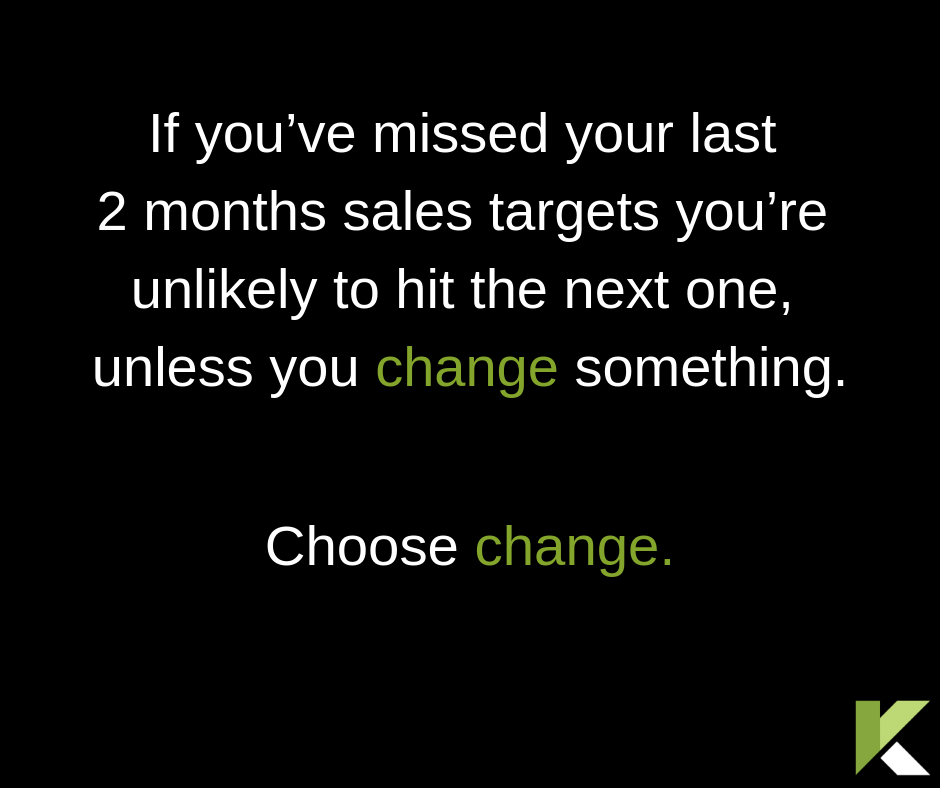
The Best Online Sales Training Courses with Live Coaching
1. Online Sales Training Courses
We believe we have the best online sales courses because we’re different and here’s why:
- Everything we teach, we actually do as part of Klozers own sales strategies. This means we have a deep understanding and not just text book theories.
- Each sales training course is live. With interactive exercises, we deliver an immersive learning experience.
- Our training includes work based learning which means you are assigned practical tasks and sales skills to practice as part of your every day sales role, in order that you learn while you are doing.
Please note: we would never encourage you to provide your products and services for free, and in the same vein we do not provide free sales training.
Nothing in life that is worth anything is free.

How much does online sales training cost?
Online sales training costs start from free and can rise up to $15,000 per month. The cost varies based on how many people are required to be trained, how much customisation the training content requires, and how much online support the attendees require throughout the training programme.
2. Online Sales Training Course
We have the best online sales courses available which cover all the sales skills required for Professional B2B selling. Our sales courses each include relevant modules on sales skills from how to attract customers to sales presentations through to how to close sales . Some modules are common across more than one course, whilst others are unique to specific courses.
The content can be modified to meet the specific needs of your sales team. In addition to the training on sales techniques, our coaches are very much hands on, and can work with you to develop your value proposition, sales strategies and the planning and execution thereof.
- Telesales Training Course
Contrary to what most people believe, the Telephone is still one of the most powerful sales prospecting tools available. With more Salespeople working from home this training course is more important than ever to keep sales reps both busy and productive.
Historically this training course was most popular with entry level sales professionals, however, this course is a great refresher for experienced Business Development Executives and Account Managers who spend all, or part of their time working from home.
Much more than an old fashioned cold calling course the training covers the core Telephone sales skills concepts of:
- Identifying Potential Buyers
- Sales Messaging that Wins
- Creating a Sales Mindset
- Live Calling Session 1 and Role Playing
- Live Calling Session 2 and Role Playing
Please note the Live calling is a combination of outbound calling by the Trainer so you can see and hear in real time what Telesales is, and there is also time set aside for participants to make live calls whilst being coached from the course leader.
For companies looking to develop a full inbound sales methodology, we are the only sales training company with expertise at both inbound and outbound lead generation.
- Consultative Selling Skills Training Course
Our Consultative sales skills course has been our best seller for the past 8 years. Revised and updated, this course is a must have for everyone in B2B sales.
The training course helps participants control and structure every sales conversation in a way that helps buyers uncovers their own personal reasons for buying, which are always more powerful than the Salespersons reasons.
This methodology is always popular with Non Selling professionals such as IT Professionals, Engineers, Professional Services, Consultants, Software Engineers, Project Managers, Accountants & Architects who don’t want to sound “Salesy” when in front of prospects.
The course covers the core concepts of Consultative selling which includes:
- Modern Selling Sales Skills
- The Consultative Sales Process
- Uncovering Value
- Human Behaviour
- Selling Through Service & Winning Repeat Business
- Building Trust
- Sales Pipelines & Selling Process
- Setting Sales Goals
- Key Account Management Training Course
If your business is typical then 70-80% of next years revenues will come from this years customers. It’s also true that your customers are your competitors targets so without Professional Account Management these important clients may leave.
The course helps participants identify and build relationships with Key Stakeholders across the clients business and find and target new revenue opportunities within the account. Most course participants are either Account Managers, Relationship Managers, Technical Account Managers and Account Directors.
Our Key Account Management Training includes modules on:
- Understanding Key Accounts
- Segmenting & Defining Key Accounts
- Planning for Key Accounts
- Creating Key Account Plans
- Sales Management Training Course
Sales Managers are the glue that holds sales teams together. With many Sales Managers carrying personal Sales Targets their time is more valuable than ever.
Our Sales Management Training covers the core topics of:
- Sales Bench-marking
- Sales Improvement Planning
- Sales Performance Management
- Coaching Sales Winners
- Sales Management Skills
We deliver online sales training via self-paced learning and supported with or without live training and coaching.
We supply each of the above types of programme, however, we believe we have the best online sales training because of the learning methodology, or learning style we use which is called Work Based Learning.
Please read on to discover why this is important to you.
3. How to Book the Best Online Sales Training
Pricing on all our courses and details on how to book can be found via the B2B Sales Training Courses

4. Online Sales Training for Sales Teams
Depending on your requirements we have a number of options available to deliver online sales training to your sales force as follows:
- Online Sales Training for Individuals – purchase individual licenses for less than 5 Salespeople hosted on our platform.
- Online Sales Training for Teams – we offer a discounted rate for multiple licenses of our training content to teams with a minimum of 5 Salespeople hosted on our platform.
- Online Sales Training for Teams – purchase Team licenses and host on your own company platform
5. Online Sales Training Certification
Unlike most online training which is theory based, all our training courses follow the Work Based Learning methodology which as yet has no recognised certifying body.
All our training courses are Self-Certified and we provide Certificates to participants on successful completion of their training programme.

In addition to our Training Certificates Participants can include details of their Training on their Linkedin profile as shown below:

6. Sales Training for Beginners
Our Online Sales Training for Beginners course is a mixture of self-paced and instructor -led training that covers the core concepts of selling business to business.
This Beginners Training course is suitable for the following:
- Graduates
- People moving into new sales roles
- Marketing teams who need to understand the basics of selling
- Entrepreneurs
- Startup Founders
This course covers the core modules of Basic Selling:
- Understanding Sales
- Everything you Need to Know Before Talking to Customers Part 1
- Everything you Need to Know Before Talking to Customers Part 2
- Winning Your First Sale
7. Sales Training Plans
In order to deliver a successful sales development programme we typically start by creating a bespoke plan for your company. Many of our Corporate clients have their own Learning & Development departments who can create and generate long term training plans for their sales teams. For those companies that don’t have that capability we can offer a bespoke service where we:
- Identify the core sales competencies required for each sales role
- Map the competencies against the learning objectives in our training modules
- Create bespoke training plans and assessment programmes to deliver, record and assess participants
Our goal is to deliver the best Online Sales Training experience that can be delivered by a combination of face to face, self-paced online, and instructor led online sessions.
In addition to supporting your companies future growth and sales goals, your sales development plan should enhance the sales career and personal development of the participants.
Our sales trainers are very much hands on, and strike a balance between allowing participants learn an their own pace, and pushing them to meet the sales goals of the business.
8. Online Sales Training Portal
Our Online Sales Training is delivered in a secure and stable platform online via Microsoft Teams. Individuals are invited into Teams and based on their requirements are assigned training modules to complete based on their personal Learning Objectives and any additional Objectives determined by their Line Manager.
To avoid learning fatigue all our courses are broken down into modules which are between 1 and 2 hours long. In addition we have short modules on selling skills which are between 10 and 30 minutes long.
The sales skills modules we provide are:
- Advanced Questioning Skills
- Controlling the Sales Conversation
- Handling Stalls & Objections
- Referrals & Testimonials
- Online Sales Presentation Skills
- Whiteboard Selling
- Building Relationships
- Value Creation
- LinkedIn Sales Navigator/Social Selling
- Dealing with difficult customers
- Cross Selling & Upselling
- Negotiation Skills

The Teams Portal provides the flexibility to configure the Channel in different ways which include the options of:
- Email, Chat, Video and Conference Calling
- Secure storage of documents
- Provision of pre and post training surveys
- Provision of CRM if clients have no CRM
- B2B Sales Templates, Tools & Frameworks
9. Online Sales Training vs Sales Coaching
One of the most common questions we are asked by sales leaders is “What’s the difference between Sales Training and Sales Coaching” and why is it important. Training and coaching are two different things, that result in two different outcomes. In order to answer the question it’s important first to define what we mean by sales training and sales coaching.
We are not claiming our own definitions are either the industry standard, or the same as other service providers, however we do know from experience that our definitions make it easier for our clients to better understand their own needs which is the most important thing.
What is Sales Training?
Sales Training is the transfer of knowledge or skills.
What is Sales Coaching?
Sales Coaching supports the practical application of training (knowledge + skills) in the field.
At Klozers we define Sales Training as the “transfer of knowledge”, and the primary outcome from any transfer of knowledge should always be an increase in learning, education and understanding. There are of course secondary outcomes which are similar to the outcomes from coaching, but it’s important we understand the difference between the two.
This is why every training course regardless of the subject matter clearly articulates what the “learning outcomes” will be after the course, and usually do not reference any form of performance improvement.
In the western world over 90% of jobs requiring manual labour no longer exist, and we are now what we call a knowledge economy. Salespeople are paid for their knowledge and skills not manual labour, therefore for every Sales Person, knowledge is power, which is why Sales Training and Learning outcomes are so important.
Once we acknowledge that Sales Training is the mechanism by which we transfer knowledge, and that knowledge is power, it’s equally important to understand that in Sales more than any other subject, this knowledge is worthless unless the Sales Person takes the knowledge, and apply it in the field with prospects and customers.
Without this practical application of the new sales knowledge in the field, then the sales person risks being the smartest sales person in the office, where there are no customers. In most cases a sale never takes place unless a Sales Person has undertaken some form of activity/behaviour/action and this activity is where any new knowledge from training needs to be applied.
The same rules apply for inside sales, with the only difference being the channels with which they are communicating with the prospects/customers. If for example an Inside Sales Person attends a training course on Communication Skills, then unless they apply these skills on either the telephone, email or social media, the training is worthless.
We define Sales Coaching however as “supporting the practical application knowledge in the field”, and the outcome from coaching should always be an increase in skills, confidence and performance.
The main thing that sales training often lacks, and this is not a criticism, more a practical restriction, is that training cannot cover every possible scenario that a sales person will encounter when interacting with a prospect or customer. Those scenarios and equally important the context of each scenario, are what takes classroom sales training and turns it into Boardroom results.
10. The Importance of the Difference Between Training & Coaching
The best way to explain the importance of coaching would be to use the analogy of Golf. If we attend a 1, 2 or 3 day golf training session with Tiger Woods there is no doubt as one of the worlds greatest golfers Tiger Woods would be capable of delivering excellent training.
The course might cover things like the correct stance when addressing the ball, the correct grip and the optimum swing, and there is absolutely no doubt the course attendees would have some very specific and valuable learning outcomes.
What Tiger Woods cannot cover is the practical application of that knowledge next week when you are on the local course and you tried to change your grip, but because it was new to you it felt uncomfortable and for the first 9 holes, your new stance, grip and swing had left you 10 over par.
In these circumstances the golfer is most likely to revert back to his original stance, grip and swing and then might complete the next 9 holes on 5 over par which is his norm. No performance improvement takes place because there was no coach to support with the practical implementation of the new knowledge that the golfer had.
Furthermore, the golfer/sales person is typically left feeling frustrated and disappointed as he knows for sure that Tiger Woods had delivered great content in his course, and realises that he just does not have the ability to implement that knowledge.
11. Online Sales Coaching
Online Sales coaching supports the practical application of knowledge by support and providing context for the many different scenarios that a sales person will encounter with a prospect/customer.
Again if we go back to the Golf analogy. The coach would be able to help the Golfer understand why the knowledge that Tiger had delivered in the training course was not working, for example wind, ground conditions, course type and layout, club and balls – there are hundreds of external variables, never mind the internal variables such as the golfers mindset, belief system and attitudes that would affect the performance.
This is absolutely the same when any sales person goes into a meeting with a prospect/customer, there are hundreds of variables both external and internal that affect the outcome and performance. The role of the sales coach is to support sales reps in their endeavour to overcome these challenges.
In practice, this means the sales coach is there to support sales reps and the sales team, implement any new sales strategy, sales skills, selling process, and sales techniques in the field.
Another important difference between sales training and sales coaching is the style. Modern training has thankfully moved away from a simple one way discussion telling people what to do. Games, exercises and good facilitation that engages the attendees should all be included, however the perception of training can often be negative and many attendees have mentally switched off before they get in the room/on the course.
They may have good reason for this based on a past negative experience, but either way the perception is not always positive and often the perception is related to the style. What we mean by this is the perception of sales training for many people is one of telling and from our own experience nobody especially sales people like to be told.
Coaching however is the opposite and is a question based approach to help the sales person discover for themselves the answers. That process of discovery and reflection is very powerful because it transfers ownership of the answer to the problems to the sales person. When the sales person comes up with the answers they then mentally own the answer which make them much more believable to the sales person.
12. Work Based Learning
Our online sales courses utilise the concepts of Work Based Learning as many companies and Salespeople no longer have the time available to dedicate days or even hours to training. The modern workplace demands that training not only fits in around the schedule of those involved, but that it also generates some form of value in addition to learning as an outcome.
As it sounds work based learning is focussed around learning and activities that are not only relevant to the job, they are based on sales activities that are the job. As human beings we predominantly learn and master skills by doing and repetition.
The Learning theorists claim we learn 70% by doing, 20% by watching and 10% by listening. Whilst I am sure these figures are not accurate, they are most certainly a good yardstick for any training programme, as the focus is on the learners actually doing the activities and behaviours which are vital for every Sales Person.
Although Work based learning is very different to traditional classroom based training it is still essential for the sales people to have some form of reflection, because like the golfer when they go out to apply the new learning not everything works first time in the field.
This learning by doing, and yes sometimes it will involve learning by failing, is by far the most powerful way for any human being to learn and master new skills. We also believe work based learning is now more important than ever, as sales people simply do not have the time to be away from either their desks or the field for days at a time in the way that traditional training dictates.
13. Learning & Accountability
While Online Sales Training and Online Sales Coaching are all good there is one vital ingredient that every organisation needs in order for any form of sales improvement to take place and this is Accountability.
Without any form of accountability the Salespeople choose what to do, and when they will do it and in most cases this can be detrimental to the business. Sales Trainers and Coaches are neither in charge nor responsible for the sales people.
This must come from the companys’ own Sales Leadership, as the Sales Trainer can tell the Salespeople what to do, the Sales Coach can show the Sales people what to do, however only the Sales Leaders in the company can tell them what to do. Whilst we absolutely love sales people unfortunately in many organizations Salespeople are not held accountable and therefore choose for themselves what to do, how to do it, and when it is done. Again, in most cases this is not what is best for the business.
Developing a culture of accountability is in our opinion a vital ingredient for any business as quite simply without accountability nothing gets done. Like most things in life that are worthwhile there is no magic wand for Accountability and it takes planning, persistence and patience, but the end results are transformational both for the business and the people, as once the culture starts to take hold people are empowered and happier, because with accountability comes responsibility.
This also helps remove decision making bottle necks, and often the burden from senior people in the business, as the responsibilities are passed down the chain to newly empowered employees. Sales results are dependent on strong sales leadership and strong management. Not every decision will be popular and not every sales person will embrace the new culture.
In the book ‘Good to Great’, Jim Collins talks about employees as people on a bus. The people not only need to be on the right bus, but they need to be in the right seat for the bus to successfully reach its destination. Sometimes people who get on the bus at the start of the journey are neither in the right seat or on the right bus.
Sales Leadership is a continuous drive for sales improvement that leaves no stone unturned and in some cases this may involve asking people to leave our bus as they no longer have the right skill set, behaviours or mindset that the business needs to move forward.
Please don’t misunderstand us, we believe that a business has a duty to develop and grow every employee, however when those employees make it clear by their actions that they have no desire to develop and grow then it is negligent of the business to ignore this and not take action.
14. How we Create Accountability Online
We create accountability online by including Line Managers in the learning process. On sign up participants are emailed a choice of Learning Objectives related to the course they have chosen. A selection of additional learning objectives are also provided and Learners can also add their own learning objectives all of which must be approved by their line manager.
By including Line Managers in the initial learning process we introduce Accountability. Line Managers are asked to verify the work based assignments and help assess whether the initial learning objectives have been met.
Coaching for Entrepreneurs to Fast Track Sales
Sales Teams with Sales Playbooks are 33% MORE likely to be high performers with win rates exceeding 50%
1. Executive Sales Coaching for Entrepreneurs
If you have a great product or service but still aren’t getting the revenues you deserve, then it’s important that you take action and change in order to grow your business.
Our Exec Sales Coaching for Entrepreneurs programme will support you through the changes to make sure you get the success you are looking for.
Most Entrepreneurs choose us because of our ability to drive new growth which is important, but there is much more to sales than simply finding new customers.
In order to build your business you need to be able to retain and grow those customers.
Entrepreneur Coaching Services
Our Entrepreneur Coaching services are a support mechanism to help you through the inevitable highs and lows of starting and running your own business. Our coaches provide proven strategies to help you grow and hold you accountable to implementing those strategies in your business.
Please check out the video below before making any decision.
2. Scaling Up SMEs
We offer a premium coaching service which we accept is not for everyone, however, before making any decision please watch the video below on Sales Strategy. If you still choose not to engage us then you will at least have discovered a Strategy to grow your business.
Hopefully after watching this video you will understand the value we place on being able to deliver real results to you and your business. We aim to demonstrate best practice in everything we do.
What stage is your business?
We work with Entrepreneurs from those still building their value proposition and proving their product market fit, through to those who already have a successful product or service and are ready to scale. Mistakes at any stage along the way can cost thousands, and set you back years. Our experienced team can help you transform your sales and make it the differentiator in the market place. If you want to grow your business, sales has to be a priority?
Business Coach vs Sales Coach
Although we do run a successful business ourselves, we do not claim to be Business Coaches or offer Business Coaching. The majority of our clients are business owners, but they don’t come to us because they can’t run a business. Far from it, they are often very good at running a business, however the Sales component in the business has never taken off, and rather than continue to struggle, they take action by engaging with us to grow their business.
Many business owners come from what we describe as an product/service background, meaning they are experts at the product or service they provide. In most cases they have had no formal or informal support on sales and marketing, and this at some stage, can begin to hold their business back.
As the business owner, the buck stops with them as they are ultimately responsible for the sales revenues in the business, and as a coach we act as there trusted advisor on everything connected to sales and marketing.
Business Coaching vs Sales Coaching
Whilst we are happy to support and advise, we do not provide business coaching in the traditional sense. Our coaching business is far more focussed on sales and marketing to help you grow your business. There is, however, a cross over, as we often advise on issues such as the business strategy, sales and marketing strategy, and people strategy within the sales department.
There is typically lots of support available for business owners to help them with running a business. Good sales and marketing support is less common, but arguably more important.
The analogy we would use is one of a Doctor and Consultant Your business coach and business coaching in general is like a Doctor for your business and can advise on generic issues. A sales coach and sales coaching is much more akin to the specialist Consultant that you turn to for a specific requirement.
Small Business Owners
Small Business owners often have different challenges as they constantly juggle and multitask between trying to win new business and delivering from an operational standpoint. Whilst running a small business can be very rewarding many business owners discover along the way that they have only given themselves a low paid job with all the headaches of business ownership.
Suddenly giving up a successful career doesn’t seem as appealing as they first thought, motivation starts to wain and it can become an ever decreasing circle.
Many spend too many hours at work and miss out on important family life. This is usually unsustainable and finding a healthy balance between work and family commitments is important.
In nearly every case, the stress and anxiety associated with running a business can be alleviated with more orders. We have found winning new business and building a successful sales machine are the key to success, and the best cure for stress and anxiety.
We help business owners develop proven marketing systems and processes that deliver self qualified leads consistently. The future of your business affects your own personal future and as your coach we are here to help you build the future you want.
3. Individual Sales Coaching
This programme provides dedicated coaching for entrepreneurs to help them transform their sales teams and increase their sales growth. You will be allocated one of our business coaches each of who is an expert at growing sales.
There is no quick fix or magic wand solution to improve revenue, however, there is a systematic & process driven approach that will improve your sales results.
No two individuals are the same and we work with you to ensure that every solution is tailored for you, your people and your business.
Many of our clients come from a Technical or Operational background and have no prior experience of sales. Our Role as your Business Coach is to both support and challenge you through the changes that you will be making to improve your organisations overall Sales capabilities and effectiveness.
We do this by using a combination of coaching, but where necessary, this is backed up by our training.
So whether you’ve 10 weeks experience or 10 years, we’ve got everything you need.

4. Who Should Join Coaching for Entrepreneurs?
Our Online Sales Coaching is exclusively for Founders & Business Owners who want to make changes at a Strategic level to their sales organisation.
*Business Owners & Entrepreneurs
*Chief Executive Officers
*Managing Directors
*Company Founders
5. Typical Sales Problems We Fix
*No Long Term Growth Strategy
*No Sales Structure or Process
*Roller Coaster revenues
*Salespeople not engaged and low productivity
*Long Sales Cycles
*No Selling system
*Good Salespeople leave and poor Salespeople stay
6. What do I need to join the Coaching for Entrepreneurs Programme?
This programme is designed for Entrepreneurs and Leaders who are committed to taking action that will systematically improve their Sales Strategy, Structure, Process, Management, People, Technology and Client Management.
We believe in being completely upfront and honest with our clients so please ensure this programme is right for you.
You must have the authority and budget to make changes necessary. The budget will vary from literally zero, to hundreds of thousands of pounds and will completely depend on your situation.
As an example, you may require to hire new or additional Salespeople, or you may require a new CRM system.
It’s possible to spend no money at all and “bootstrap” your business, however, you will still need the authority to make the changes necessary to increase your sales.
Your biggest investment will be the time and energy you spend thinking and working on Sales. If you are not engaged in the sales function of your business it’s unlikely we can help you. That doesn’t mean you have to be selling, but you do have to be actively leading.
It’s impossible to get the huge increases in Sales Growth that you are looking for on your own so you will need to engage the team around you. We can help with this, however, your Leadership style may need to change in order for you to do this.
Lastly, and probably most importantly, you must be coachable. This means you will need to have an open mind, and on occasion, you will need to try things that you don’t believe will work. Our job isn’t to agree with you, we are here to challenge as well as support you.
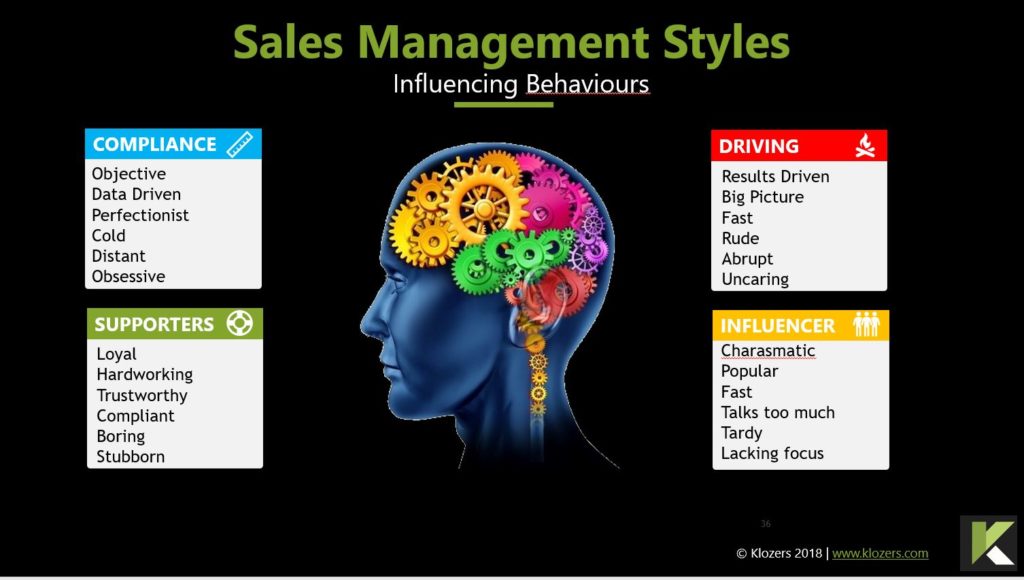
7. Strategic Solutions vs Tactical Solutions
This Coaching programme is focussed on Strategic solutions that will dramatically increase your revenues and help you grow and scale your business.
Tactical sales solutions are important and may be relevant for you, however, they will only transition your business to the next level. Our Business Coaching programme is designed to radically transform your sales and move them up 10 levels.
As an example you may decide that your salespeople need training and you may be correct. Training is however only a tactical move and needs to be rooted in your overall Sales Improvement Plan.

8. How does the Coaching Programme Work?
Most Leaders come to us with specific challenges which we incorporate into our coaching programme. Solving these challenges may be the only thing you need us for, however, we have a process which often uncovers other areas for growth. We are happy to just work on your challenges or work on the business as a whole. This is how we dramatically ramp up your growth and scale your business. After an initial consultation we assign a coach to you who will help you through the following process:
Step 1. Benchmarking & Assessing
It’s impossible to build a plan without know your starting point so we spend time benchmarking your sales organisation against Best Practice. This is done via a combination of surveys, interviews, data and conversations with you, on your personal and business goals. The more hard data we have from you the better, as this will help us both make smarter decisions. If you have no data we will advise you on which data you will need to start collecting and which systems you should be using to collect the data.
Step 2. Build a Sales Improvement Plan
From our initial benchmarking and discovery in Step 1 we will work with you to create a bespoke SIP (Sales Improvement Plan). This plan is the vision for the Sales component of your business. The plan will include a Short Term Sales Strategy (0-12 months) and a long term Strategy (12 months +). Our goal is to identify the “Big Bets” from your products or services portfolio and create a long term sales strategy to supersede the short term strategy as quickly as possible, and we explain why in the programme.
Step 3. Easy Wins (Short Term Sales Strategy)
From your SIP we will work with you to find the easy wins that will first generate new revenue and secondly build confidence in you and your team. The timeline is wholly dependent on you and your team which means that we can go as fast or as slow as your circumstances dictate. The more time that you and your team spend working your Sales Plan the quicker you will see results. The usual timeline for the early wins ranges from 1 month to 3 months.
Step 4. Big Bets (Long Term Sales Strategy)
Your “Big Bets” are your most profitable and easy to deliver products or services that we will focus on as part of the Long Term sales strategy for your business. We will build everything around these in the first instance however, your Big Bets may change from year to year dependent on your business requirements and the market.
Your coach will work with you to bring everything together into a one page action sheet (available via our online system) with powerful goals to ensure you and your team get the sales results you deserve.
Step 5. Action Planning
Action planning is an important part of the process as it helps hold everyone accountable to the vision, actions and goals that have been agreed. Often, accountability causes huge problems and where possible we recommend you make accountability a priority alongside your business values.
Step 6. Execution
We work with you to execute and deliver on your Sales Improvement Plan. We expect to complete steps 1 – 6 in the first 3 months of working with you which allows us 6 months to work with you in the Execution phase and help you reach the goals you have set yourself.
When you hire us our goal as your coach is to be as flexible as possible and we do whatever it takes to get results. Please note there are often multiple sessions involved in each of the above steps. Each session is planned in advance and you will be provided with an agenda for every session.
10. Sales Coaching Portal
Our Coaching tools and resources are designed to be accessible when you need them, not simply when we have a call scheduled. In order to achieve this we have created a secure and robust Coaching Platform inside Microsoft Teams. From inside Teams we can:
- Chat
- Conference Call
- Video
- Create & Track Plans
- Work on Sales Opportunities
- Store & share documents
- Coaching Guides
- Training & Videos
- Templates, Guides & Tools

Please note you will require a Microsoft Outlook email account (Free) to access the coaching platform. If you are using Office 365 you can sign in via this account.
11. Reviews from Coaching Clients
“Klozers helped our business achieve great results. Their due care and attention to focus not only on the sales process and execution but to also consider and hence incorporate business and marketing strategy into the wider planning helped us to realise our potential as a team and as a business.
Personally, Iain was able to coach me very well on what my focus should be as a business manager and I would highly recommend him and his team to other businesses.”
Richard Matthews – Commercial Director LettingRef
“Iain is an outstanding sales trainer and coach. He has played a crucial role in helping us develop a thoroughly professional and industry leading sales and customer service team. Having worked with us for two years, he has become our trusted advisor on all matters related to our sales strategy. His passion for what he does is infectious and I would highly recommend having a conversation with Iain to see if he could help your company’s sales performance.“
Steve Tigar – CEO Money Dashboard
12. What does the Exec Coaching Programme Include?
Programme Contents
- Benchmarking & Assessments
- Bespoke Sales Improvement Plan
- Grow your business – Short & Long Term Sales Strategy
- Online access to Sales Coaching & Training Content
- 2 x Coaching Calls per month
- Unlimited chat, email and phone support in between calls

Applications to join our Exec Sales Coaching programme are available from joanne @klozers.com


